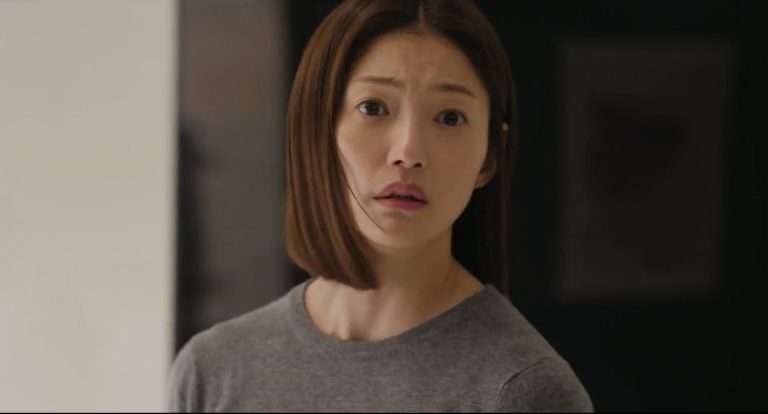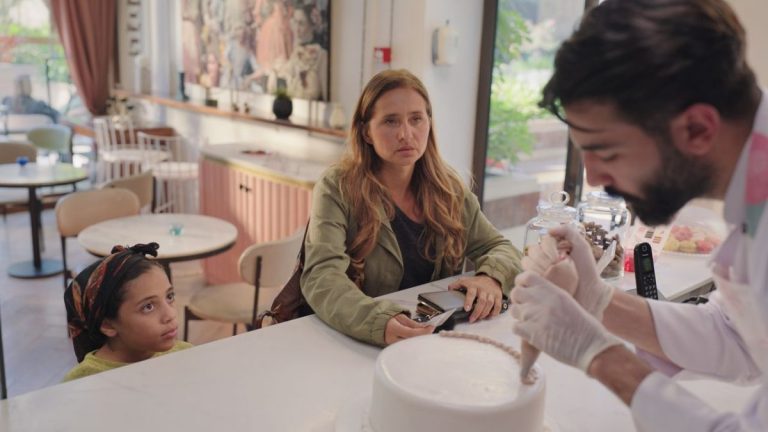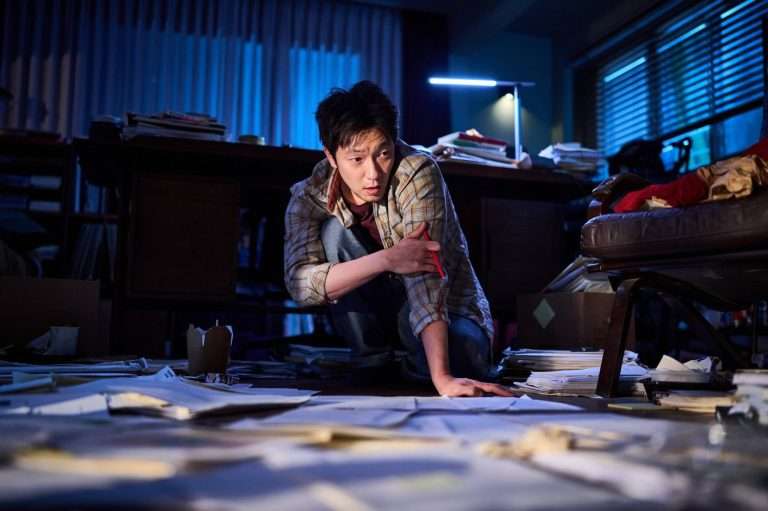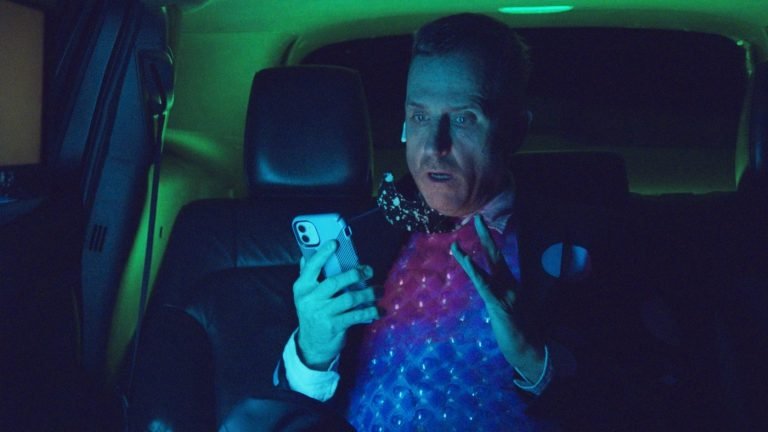Alexander Payne is known for his portrayal of disgruntled, dissatisfied characters. They reject any semblance of what is considered ‘normal,’ often having eccentric characteristics and personalities, which are irritating at first until gradually, their hard exteriors are broken, and it is difficult to dislike them. In “The Holdovers,” Payne typifies this narrative, using it in a painfully realistic way. With a deceptively simple plot filled with people you can’t help but sympathize with, I soon realized that it is a study, foremost, of loneliness, abandonment, and the importance of belonging.
“The Holdovers” takes place during a snowy Christmas in 1970, in a “working-class New England town in decline,” as the screenplay describes. It features Paul Giamatti (his second collaboration with Payne after “Sideways”) as an ill-tempered, authoritarian history teacher, Mr. Paul Hunham, who is immensely knowledgeable and passionate about his work. This man has dissolved his dreams and expectations, knowing they can never be achieved.
At the end of the school year, he is put in charge of a few students who, for myriad reasons, cannot return home for their winter break. In his acting debut, Dominic Sessa plays an angsty teenager named Angus Tully, whose mother has abandoned him in favor of his new stepfather – a piece of information he receives after excitedly preparing to escape an unwelcome environment.
The third of the ‘holdovers’ is the school cafeteria’s head cook, Mary Lamb, played by Da’Vine Joy Randolph. Her teenage son, Curtis, was killed in Vietnam, leaving her stricken with grief and dependent on several bottles of whiskey to keep her company, along with Mr. Hunham and Angus – who are less than delighted to be in each other’s presence.
From the beginning, we have a good idea of who these people are and what brings them together. Hunham, a teacher of “Ancient Civilisations,” takes pleasure in calling his students “philistines,” “cretins,” or “snarling Visigoths” – he lives and breathes the discipline of history, which he teaches with great vigor despite the protestations of his students. Angus hides behind clever one-liners and a selfish temperament – we immediately understand that he considers himself more knowledgeable than his peers.
However, he is deeply loyal and self-aware about who he is. His harsh upbringing has severely impacted his perception of the world as a cruel place. Mary, who has experienced enough grief for a lifetime, is self-isolating, unlike the others. She does not want to leave the one place she shared with her son despite having her sister’s home to return to.
Through the movie’s 133-minute run time, Mary is forced to confront her grief, Paul softens his curmudgeonly nature, and Angus receives much-needed closure. After a few unsuccessful attempts to make the holidays brighter, Angus convinces his teacher to take him to Boston, where he secretly plans to visit his father in a psychiatric hospital. Unexpectedly, they learn about each other’s pasts – Hunham’s college experiences, Angus’s family history – and how they became the people that they are. Boundaries are crossed, but for now, those don’t matter. They’ve shared information they will have to forget; quite early on, Hunham softly threatens him:
“This all remains entre nous. Got it? You know what entre nous means?”
Nothing can be repeated, and all their secrets, which would explain their complicated personalities, will have to be kept to themselves. As things unravel, most of their anecdotes would remain entre nous. While Angus and Hunham are visiting Boston, including a trip to a museum of antiquities and a run-in with Hunham’s old university acquaintance, Mary finally returns to her sister’s home and is greeted with a warm welcome – in the true spirit of the holidays. She seems to be a different person – no longer burdened by her grief. She almost welcomes it and soon accepts the joy of her family.
This movie transported me. Not only through its witty, well-written dialogue and carefully crafted scenes but also through its depiction of the gritty, painful loneliness and captures its ugliness. It shows How human connection is vital and how listening and learning about the people around you without any contempt or judgment can lead to life-altering relationships. It is a story of abandonment but also of how we can temporarily resolve it. It doesn’t claim to be didactic or preachy but instead demonstrates the sheer power of intimacy, warts, and all.
“The Holdovers” differs from other moralistic films, stressing the power of collectivity because these people are flawed. Their experiences have broken them down and do not boast an aura of merriment – there is no incentive to maintain an appearance. Mary, Paul, and Angus are unapologetic and honest people. Words fail to capture the immensity of their feelings, but evidently, it weighs on them. The grief is in the air they breathe; it is all-consuming, and at that moment in time, the three of them understand each other through an entirely different lens.
With their time nearly over, Angus and Hunham have a brutally honest conversation, typical of a father-son dynamic, which might have been what Angus needed. They understand their shared disdain for the world and the people around them, with a much-needed reassurance from Hunham that Angus still has his whole life ahead of him:
“I find the world a bitter and complicated place, and it seems to feel the same way about me. I think you and I have this in common. Don’t get me wrong — you have your challenges. You’re erratic and belligerent and a gigantic pain in the balls, but you’re not me, and you’re not your father. You’re your own man. Man. No. You’re just a kid. You’re just beginning. And you’re smart. You’ve got time to turn things around.”
Hearing these words, it felt as though he was speaking to me; watching the film felt like a light at the end of the tunnel. Whether watching this on a cold December evening or some other time, it is hard to avoid those feelings of isolation I had suppressed. I assume that learning how to be alone will save me immense grief for the future, that learning to expect less from people is always the better route; everything and everyone is flawed, and believing that will eventually provide comfort in times when I am lonely.
As twisted and ineffective a coping mechanism this is, it is how I have thought for as long as I can remember. But watching this movie, with its sharp and oddly comforting portrayal of these ‘ugly’ feelings, forced me to confront my loneliness. When the movie began, it felt like entering a dimly lit cold room with a window cracked open. But slowly, the sunlight crept in, and it felt warm.
The ending isn’t exactly happy – Hunham loses his job to keep Angus at Barton and pleads with his caregivers to grant him a second chance:
“I just spent two solid weeks with him. He’s a pain in the ass, sure, but he’s also really smart. I don’t know about brilliant, but really smart. You must know that. He’s got enormous potential. It would be devastating if you pulled him out now.”
In an emotional last scene, they bid each other goodbye with a simple handshake, which had me in tears. Mr Hunham leaves with a U-Haul attached to his car, a bottle of stolen whiskey, and a leather-bound notebook gifted to him by Mary to finish his monograph about Carthage. Angus returns to school, fielding rumors about Hunham’s dismissal without revealing actually why – he was sworn to secrecy multiple times. Mary continues at her job in the school’s kitchen and looks significantly better than when we first saw her – she looks forward to the birth of her sister’s baby.
I can recall many instances where I craved human connection. I reached out to friends casually asking to meet, not expressing how much I might have needed it. Manufactured loneliness is a powerful coping mechanism to deal with anxiety. If I can avoid the real world, then it doesn’t have the potential to hurt me. We try what we can to feel better, to feel less lonely, and to survive. “The Holdovers,” with its harsh truths and moments of painful laughter, reminded me of this – it validated my craving for connection and honesty. I’ll rewatch it on a blue day, perhaps in the cold, so I can feel the same comfort I did the first time.


![Our Little Sister [2015] Review: A Marvelous Addition to Kore-eda’s Brand of Humanist Cinema](https://79468c92.delivery.rocketcdn.me/wp-content/uploads/2016/03/Umimachi-Diary-2-768x514.jpg)

![Johnny Guitar [1954] – An Extraordinary Mythical Western Classic](https://79468c92.delivery.rocketcdn.me/wp-content/uploads/2018/03/1-yZql55oG1iPfXK4Q6Ifmyw-768x575.jpg)


